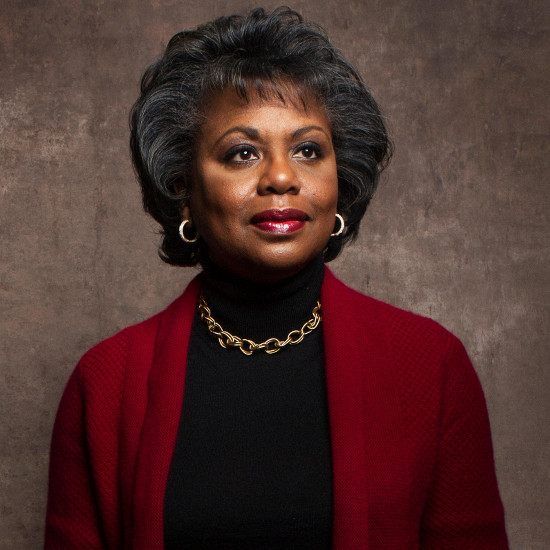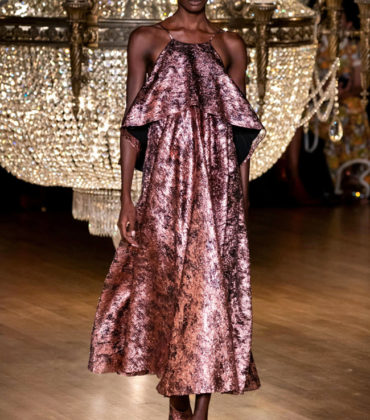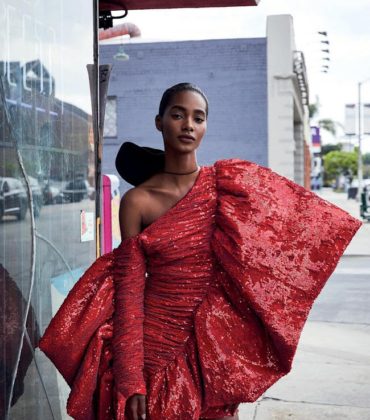
Confirmation, the upcoming HBO film that stars Kerry Washington as Anita Hill, has roused a new interest in the case that, in many ways, defined an era.
The film, which is directed by Dope director Rick Fumuyiwa, centers around Clarence Thomas’s Supreme Court nomination hearings, and the sexual harassment allegations by Hill, which were highly publicized at the time.
Hill herself, recently sat down with Melissa Harris-Perry for Essence Magazine, and gave a rather poignant interview. She pointed out how black women’s history and voices are often erased or assumed to default to men.
HARRIS-PERRY: During the hearings it seemed that few in the public sphere were questioning how the process was violent toward you and your family. Instead it was Justice Thomas who used the metaphor “high-tech lynching” to describe his experience. There is a key -scene in the movie when Washington expresses outrage about his using the word lynching. Is this an authentic moment?
HILL: Yes. I did find it outrageous. My grandfather was threatened with an actual lynching. It was 1905 and he homesteaded land. He settled his wife and eight children into a two-room cabin on his own land. It was obviously very modest, but it was his property. He believed in America’s promise and was ready to take advantage of all the opportunities it offered. Neither the federal government nor local authorities did what was necessary to enforce his right to own property. His land was taken away and he had to flee a real threat of lynching. The only thing I regret about this story is that we only tell my grandfather’s side. We never tell my grandmother’s part of the story. We didn’t grow up hearing the stories of African-American women suffering when their families were destroyed. We didn’t hear their point of view. I think that’s why the lynching metaphor was effective in 1991, because Black women didn’t know our own stories. We did not claim a clear political or social identity in terms of what had happened to us all those years in the context of racial and sexual violence.
HARRIS-PERRY: How did race and gender affect how you were heard -during your testimony?
HILL: Those members of Congress had never even considered that Black women had our own political voice. They assumed that Black men spoke for us. For an African-American woman to have her own political voice and own political position, and to believe that our perspective should be added to the conversation, was just something they hadn’t even considered. I think that’s why, politically, things changed. I think that’s why women -became so agitated and so energized to make change on this important issue. And for Black women, it was like, Okay, we have to make sure we are speaking for ourselves.
Read more at Essence Magazine.
Confirmation premieres on HBO on April 16, 2016.




